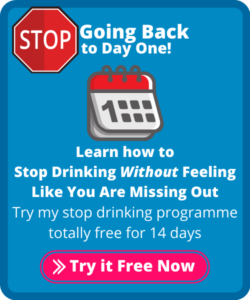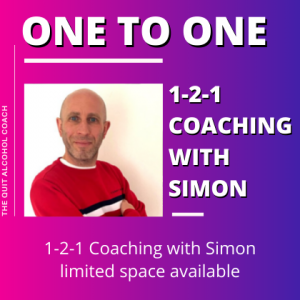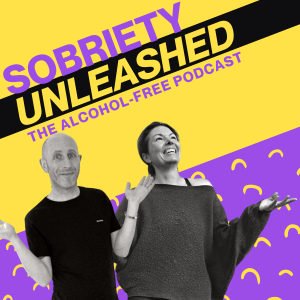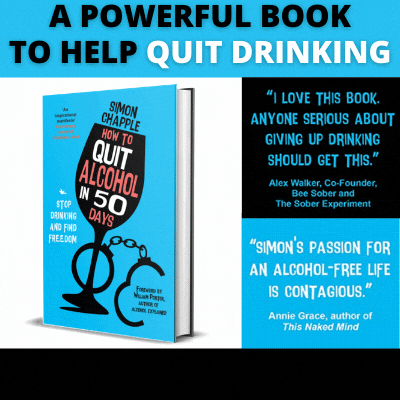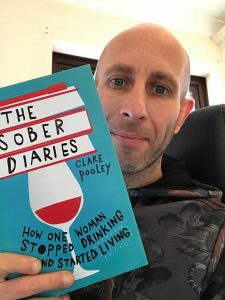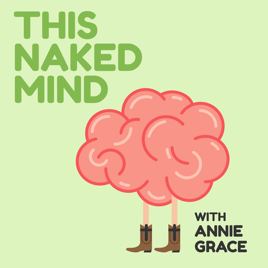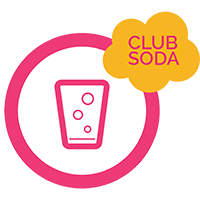Sobriety and Grief – Do we grieve when stop drinking alcohol and choose an alcohol-free life?
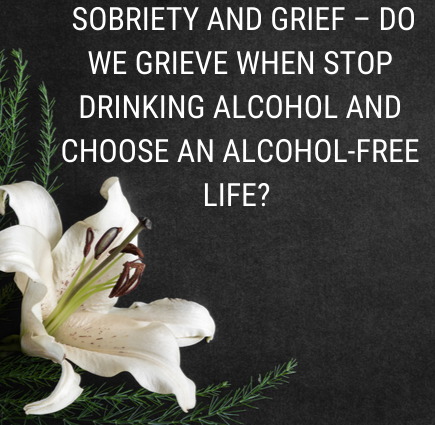
When we think of grief, we often associate this occurring when we lose someone close to us. That terrible feeling of emptiness and loss is so hard to explain but unfortunately, we have all suffered loss at some point in our lives as we get older. However, what I wanted to explore in this blog is, is grief just experienced when we lose someone? Or can the same feelings of grief be experienced when we lose someone we love or something we love as well?
If you were to do a search on Google for the definition of grief, then you will be presented with descriptions such as, ‘intense sorrow, especially caused by someone’s death’, so this as you can see is focusing on the loss of someone, not something. However, I know for the fact that the intense feelings of grief can be experienced in other situations as well. For example, losing a pet which was a much-loved part of the family will bring on grief. I believe that the onset of grief can be caused by losing anything that you love. If, you previously loved to drink (like me) and suddenly stopped then is it crazy to believe that you will experience emotions of grief? I want to explore this as grief can be so overpowering that it can negatively impact an alcohol-free lifestyle choice. You may not even be aware that the negative emotions you might be feeling from removing alcohol from your life are in fact grief at the loss of something you perceived that you loved.
Stages of Grief
#1 Shock & Denial
In my opinion, this stage can occur even before you have removed alcohol from your life. You may hit a stage of shock when you realise the damage that alcohol is causing you on a physical and emotional level, not to mention the damage that it is likely causing to your family and other people that you are close to and care about. Denial also has a large part to play in addiction. I can’t tell you how many years I spent in denial about even having an addiction to alcohol. I didn’t want to face up to the severity of my drinking and the fact that even when I tried to stop drinking for one day, I couldn’t. I would then mask this issue with reasons why I should be able to drink and why it was fine to try and make myself feel better, but I was just fooling myself and damaging my health further.
#2 Pain & Guilt
I know I am not alone with having terrible feelings of guilt which occurred during my drinking but still remain today. The guilt of what I put my family through at times, missing out on certain events with my son because alcohol took over, doing something embarrassing and shameful when intoxicated, the list is endless. The guilt does ease over time as I am now on a path where I try not to focus on the past but look forward to a bright future where I am in control and not the drink.
#3 Anger & Bargaining
I remember that when I started to become sober curious that I had feelings of anger. Anger toward my addiction but also anger at others who seemed to have no problem with being able to drink to moderation. Why couldn’t I? I also use to bargain with myself. Thoughts such as, ‘well, I didn’t drink last night so I am fine to drink tonight’. Or, putting my sober life off for another week but I definitely would start at some point and that was fine in itself. It wasn’t and when I look back, it was the addiction trying to keep hold for as long as possible.
#4 Depression
Thankfully, I didn’t suffer from depression when I quit alcohol. However, that being said, I know from my Facebook community that depression is a reality for a large number of people who are trying to live an alcohol-free lifestyle. This can be caused for a number of reasons and it could be that you were suffering from depression before you started to become addicted to alcohol and the outlet for the depression was increased drinking. Or, it could be that the addiction and withdrawal is impacting your mood so much, that it’s caused the onset of depression. If you are feeling low, then I urge you to speak out and get support to help with this, as depression can be devastating, not only to your ability to not drink but also for your mental health moving forward.
#5 The upward turning point
Although during the first few stages of removing alcohol from your life, you may think that you will never feel better and the ‘want’ to drink will not go. It does. When your body physically stops relying so heavily on your sustained alcohol consumption, your mind will gradually follow. You may also have one particular Eureka moment which you will forever remember as your turning point to starting to feeling better and positive about an alcohol-free life. For me, it was the realisation that I wanted to help others who are struggling with addiction and putting the plans into place to launch besober.co.uk and my recovery stop drinking programme.
#6 Acceptance and hope for the future
The final stage is acceptance. An acceptance with realising that you do have a problem with drinking and to cure that problem you can’t drink. Knowing that if you were to fall back into the spiral of drinking you would just be damaging yourself and the relationships with the people that you care about. It’s also hope. Knowing that you are working on yourself and transforming your life for the better where you are in control and no longer is alcohol running the show.
When you look at the above, you realise that actually all of those emotions with grief are faced when you remove alcohol from your life. It’s really important to understand that once you remove alcohol from your life, you may grieve and go through the stages mentioned above. It’s critical to recognise them as stages and as such, the negative stages will not last, but also, maintaining an alcohol-free life is something that needs to be worked on for the rest of your life. It does get easier as the days, weeks, months and years go by.
Are you experiencing grief with having removed alcohol from your life? I would love to hear from you in the comments section about what you are experiencing right now and if any of the above resonates with where you are now or where you have been.

